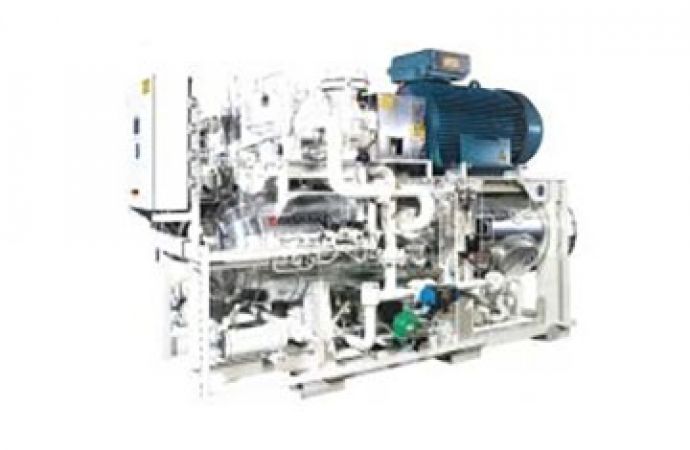The European Parliament’s Rapporteur on the F-Gas Regulation review is proposing to introduce HFC use bans across the EU in all major sectors, including refrigeration and air conditioning. The newly published draft report also puts forward provisions to tighten the HFC phase-down schedule and encourage recovery and recycling of fluorinated refrigerants.

The draft report by a Dutch Green MEP sets the basis for discussions in the European Parliament for the next few months. Whilst supporting many elements of the European Commission proposal, the Rapporteur points out that “[it] could do more to support the sustainable alternatives and the smaller European companies producing them.”
The rapporteur proposes an overall 84% phase-down target by 2030 in CO2eq applicable to all HFC producers and importers, compared to the previously proposed 79% phase-down target by 2030 in CO2eq by the European Commission. In accordance with the polluter pays principle the report introduces an allocation fee of 30€/ton CO2eq for the use of HFC quotas by entities placing bulk HFCs on the EU market, securing a revenue stream to compensate for regional differences in costs due to climate conditions.
HFC use bans in new equipment
An earlier leaked version of the European Commission proposal had already envisioned placing on the market prohibitions for new equipment in industrial and commercial refrigeration. While these were not reflected in the final proposal, the new draft report puts them back on the table and also introduces further use bans where the market potential of alternative technologies to HFC-based solutions could reach 100%, in particular:
Refrigeration
Air conditioning
Measures to improve containment and recovery
The report introduces amendments to limit leakage and promote recovery, such as:
F-gas debate heats up in the European Parliament
The draft report has essentially kick-started the f-gas debate in the European Parliament and discussions are expected to heat up in the coming weeks. Members of the European Parliament’s Environment Committee have until 28 March 2013 to submit amendments to the report, with a vote in the Committee expected on 19 June 2013 before the discussion moves to a plenary debate later this year.
The rapporteur proposes an overall 84% phase-down target by 2030 in CO2eq applicable to all HFC producers and importers, compared to the previously proposed 79% phase-down target by 2030 in CO2eq by the European Commission. In accordance with the polluter pays principle the report introduces an allocation fee of 30€/ton CO2eq for the use of HFC quotas by entities placing bulk HFCs on the EU market, securing a revenue stream to compensate for regional differences in costs due to climate conditions.
HFC use bans in new equipment
An earlier leaked version of the European Commission proposal had already envisioned placing on the market prohibitions for new equipment in industrial and commercial refrigeration. While these were not reflected in the final proposal, the new draft report puts them back on the table and also introduces further use bans where the market potential of alternative technologies to HFC-based solutions could reach 100%, in particular:
Refrigeration
- Domestic refrigerators and freezers that contain HFCs - as of 2015
- Refrigeration equipment that contain f-gases with GWP of 2150 or more - as of 2015
- Hermetically sealed commercial refrigeration systems that contain HFCs with GWP of 2150 or more – as of 2015
- Hermetically sealed commercial refrigeration systems that contain HFCs – as of 2018
- Stationary refrigeration as of 2020
- Mobile refrigeration except fishing vessels as of 2025
Air conditioning
- Movable room air-conditioning appliances (hermetically sealed equipment which is movable between rooms by the end user) that contain HFCs – as of 2020
- Stationary air-conditioning equipment except centrifugal chillers that contain fluorinated greenhouse gases - as of 2020
- Air-conditioning equipment in cargo ships that contain fluorinated greenhouse gases - as of 2020
- Centrifugal chillers that contain fluorinated greenhouse gases - as of 2027
Measures to improve containment and recovery
The report introduces amendments to limit leakage and promote recovery, such as:
- Service ban with very high-GWP HFCs: The report proposes an earlier date (2015 compared to 2020) for the servicing and maintenance ban of existing refrigeration equipment with HFCs with GWP above 2,150. At the same time it also proposes excluding around 80% of the systems in the small commercial sector by increasing the threshold from 5 to 40 tonnes of CO2 equivalent, as well as refrigeration equipment operating at temperatures below -50°C. For these sectors, the use of recovered very high-GWP HFCs would still be allowed to promote recycling.
- Recovery schemes: To ensure recovery recycling, reclamation or destruction of F-gases and promote producer responsibility, the report proposes that all Member States set up recovery schemes.
- Maximum leakage rates: To improve compliance and enforcement, the report proposes the establishment of maximum leakage rates for each type of equipment, based on best industry practices, experiences in Member States and international and European standards.
F-gas debate heats up in the European Parliament
The draft report has essentially kick-started the f-gas debate in the European Parliament and discussions are expected to heat up in the coming weeks. Members of the European Parliament’s Environment Committee have until 28 March 2013 to submit amendments to the report, with a vote in the Committee expected on 19 June 2013 before the discussion moves to a plenary debate later this year.
MORE INFORMATION
Related stories

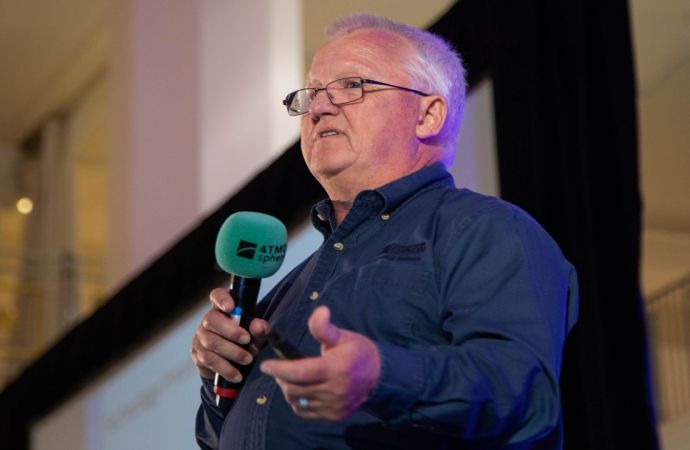




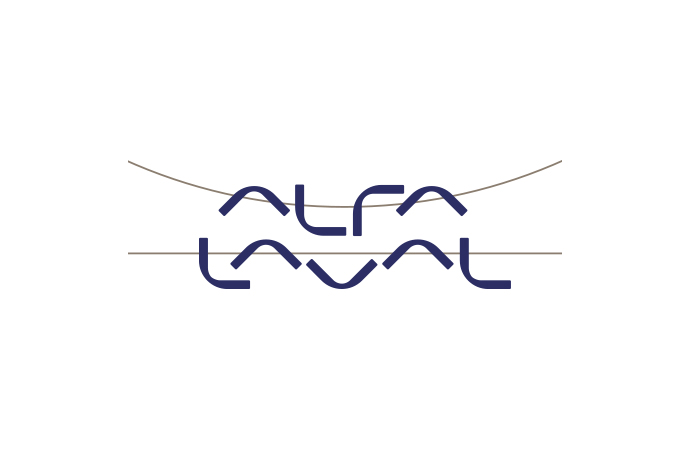


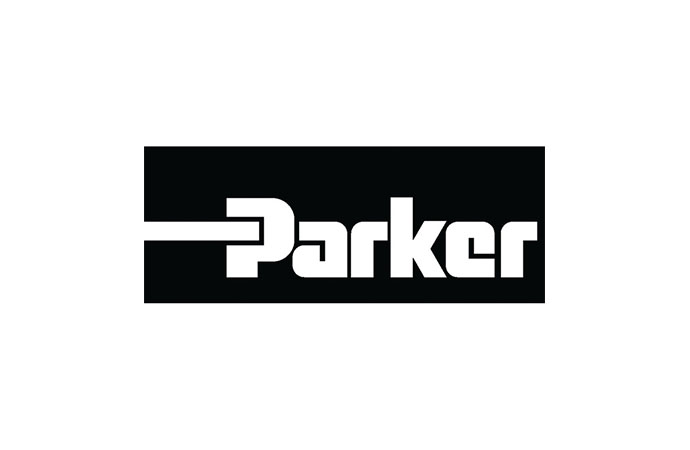

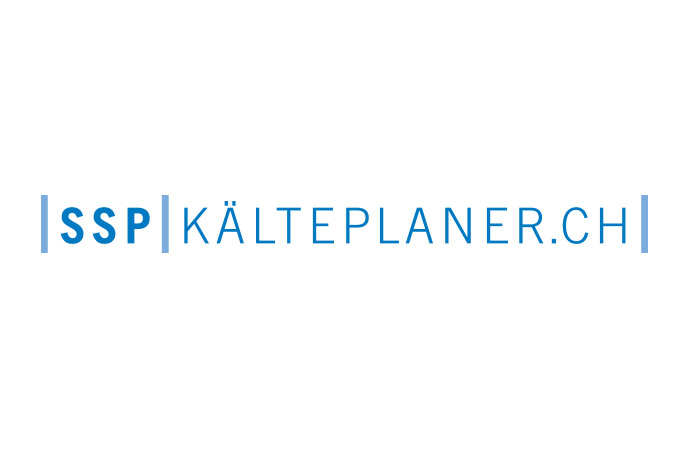
_1522327086.png)


